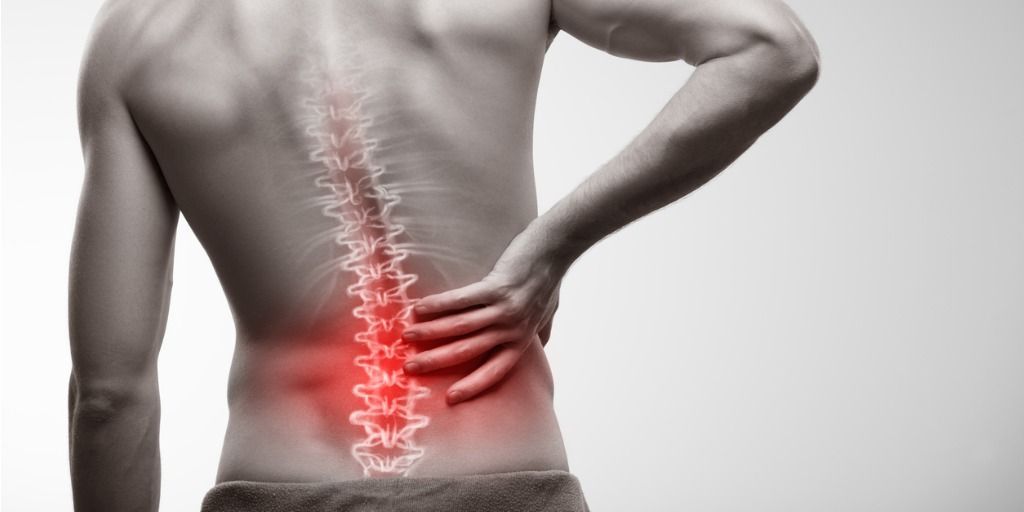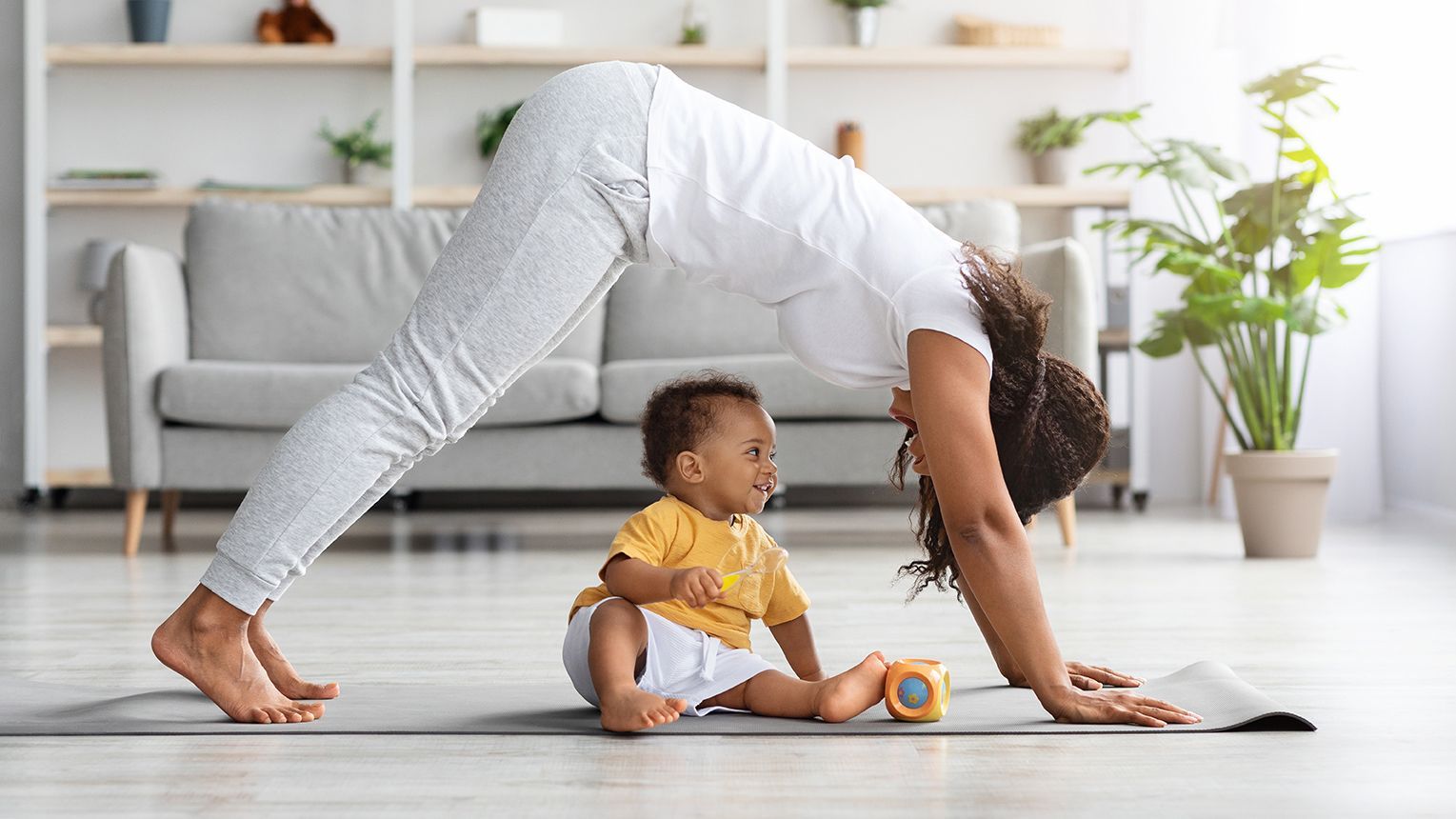New Years Resolution?
Do you have a new years resolution for your health and exercise in 2021? It may be obvious to most that creating personal change is something that directly ties into growth and self-improvement. The same principle is necessary when it comes to exercise habits, and therefore your fitness. Recent evidence-based psychological studies suggest that individuals who feel the need to rely on external prompts as a motivational influencer are far less likely to adhere to the goals they set. This blog will discuss how to create exercise–based change, the effect these changes may have, and why you shouldn’t wait until the new year to get fitter!
Bringing more exercise into your life doesn’t have to be drastic to begin with. Start small, log your progress with a note pad and pen, or in your iPhone notes, and build on it gradually week by week. This is essentially known as the progressive overload principle. Smart progressive overloading will make you fitter and bring you closer to your fitness goals, without the risk of overtraining and losing morale.
When you start exercising more often or bring about exercise-based change, the following physiological and psychological changes may come along with it:
- Greater productivity at work or in the office; being physically disciplined can have a carry-over effect into all facets of life, particularly with regards to discipline.
- Hormone balance; hunger hormones such as ghrelin and leptin stabilise which can help to suppress snacking temptations.
- Greater daily energy expenditure; leaner muscle mass, as a result of being fitter, directly ties into a quicker metabolism. When this occurs, you may also feel sharper throughout the day, concentrate for longer periods, and be less dependent on caffeine to do so.
- Mood; there is a direct link between exercise and mood change. Exercise can induce feelings of immediate happiness and focus, by releasing neurotransmitters such as serotonin and dopamine.
Get in touch with our team of experienced Exercise Consultants today if you’re interested in finding out more about how to create a healthier, balanced exercise lifestyle. After all, the most important conversations are those that we have with ourselves – so if you’re genuinely unhappy with how you look in the mirror each morning, NOW is the time to do something about it. Not on the first of January.

Jeremy Boyle
Exercise Scientist
References:
Jones, F., Harris, P., Waller, H., & Coggins, A. (2005). Adherence to an exercise prescription scheme: the role of expectations, self-efficacy, stage of change and psychological well-being. British journal of health psychology , 10 (Pt 3), 359–378. https://doi.org/10.1348/135910704X24798
Kavanaugh, A. (2007). The Role of Progressive Overload in Sports Conditioning. Conditioning Foundamentals. NSCA’s Performance Training Journal , 6 (1).
Klok, M. D., Jakobsdottir, S., & Drent, M. L. (2007). The role of leptin and ghrelin in the regulation of food intake and body weight in humans: a review. Obesity reviews , 8 (1), 21-34.




